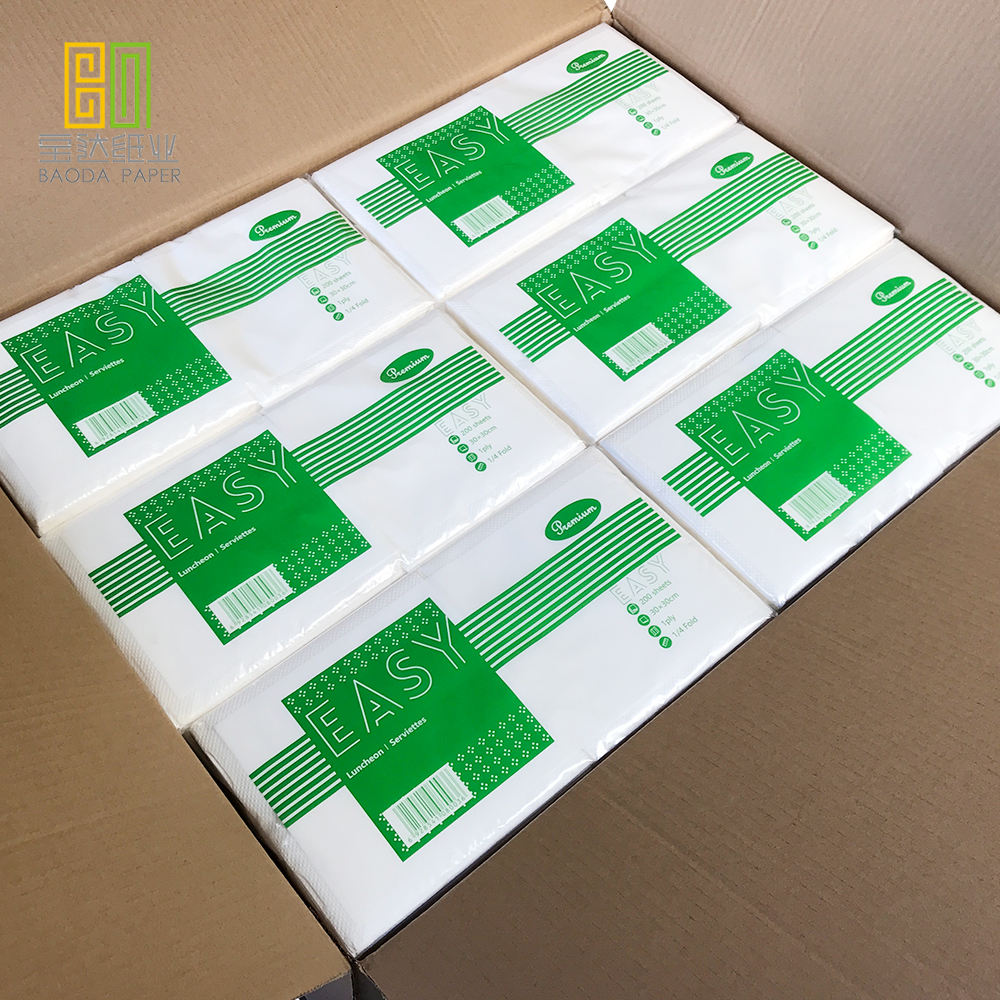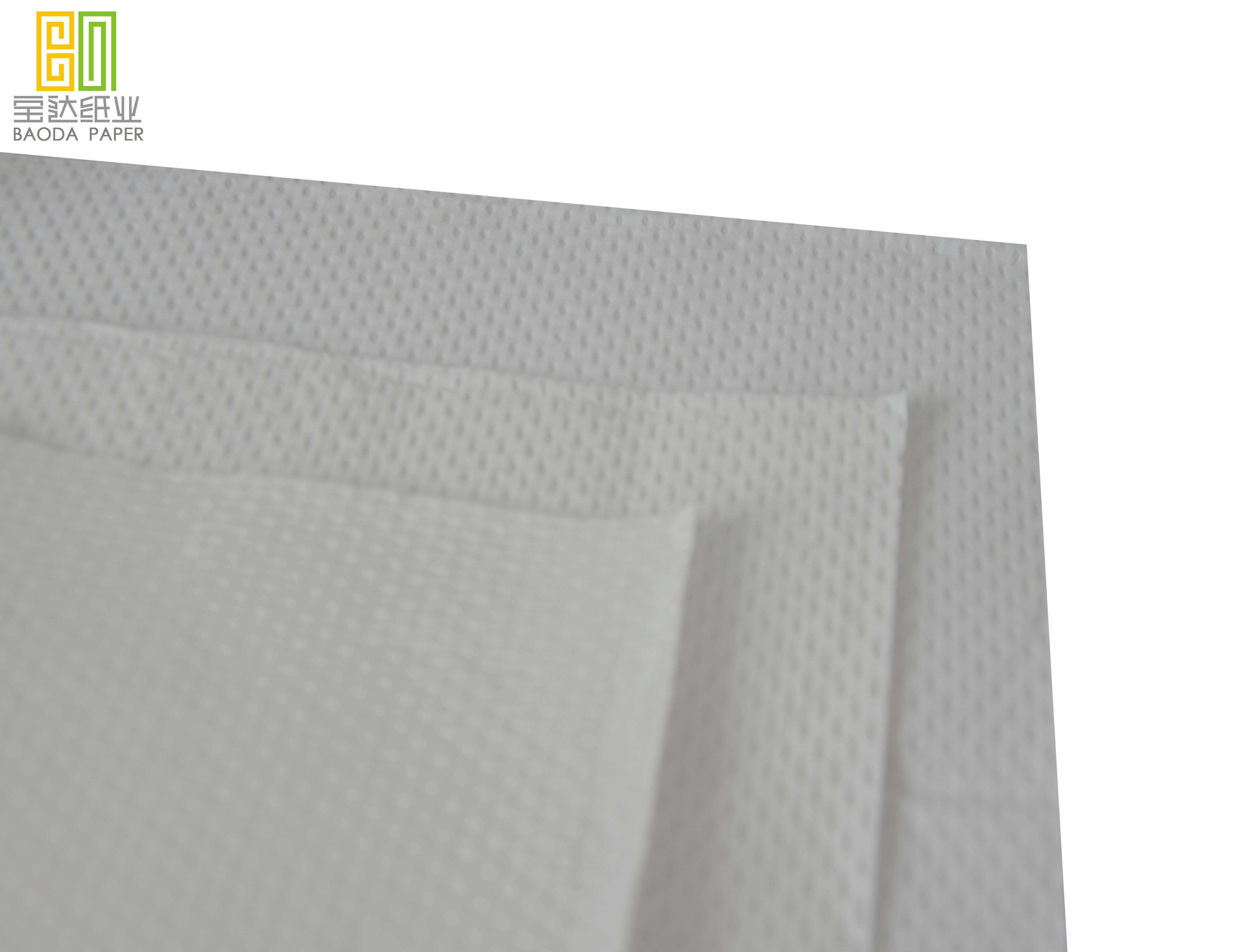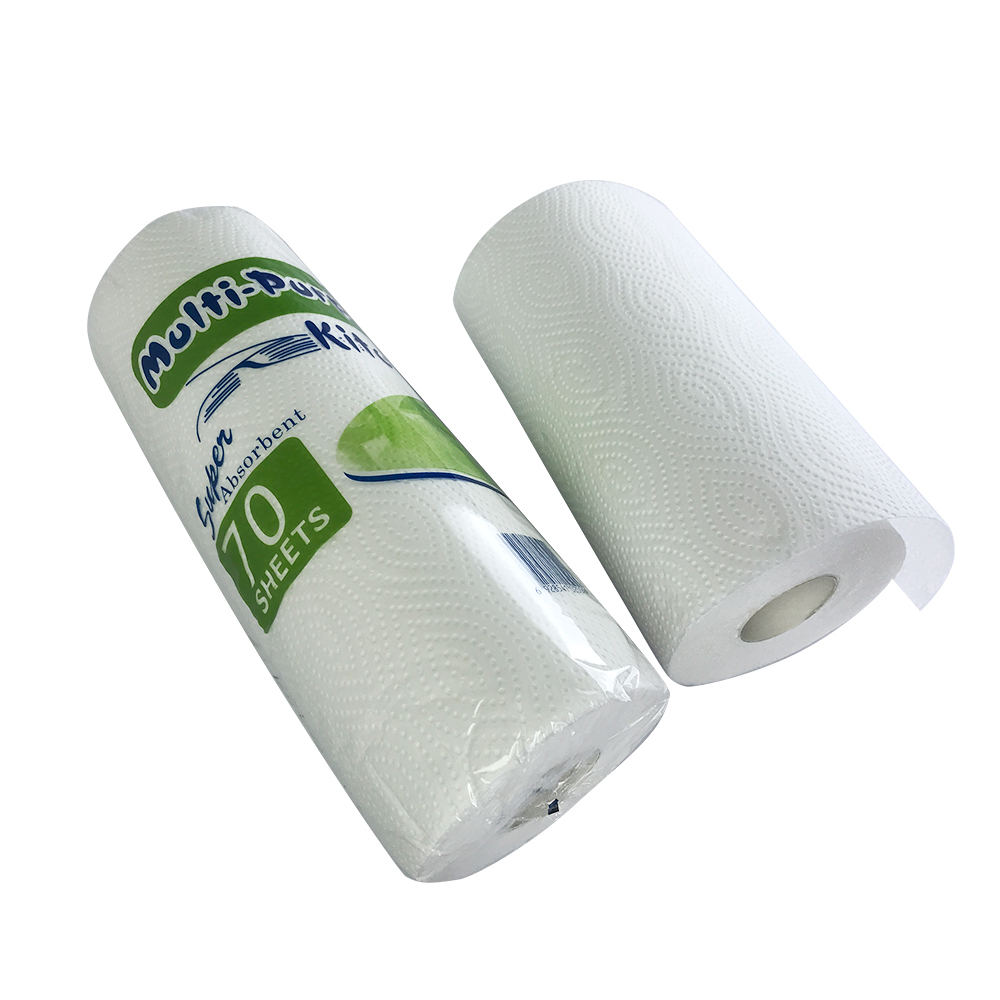Views: 0 Author: Site Editor Publish Time: 2025-06-07 Origin: Site
Paper towels are a household staple found in nearly every kitchen, bathroom, and workstation. They’re relied upon for their convenience, absorbency, and versatility. But how much do you really know about these everyday items? Beyond cleaning up spills, paper towels have fascinating uses, an intriguing mechanism of action, and varying lifespans depending on your usage. This article sheds light on these aspects while offering insights into related products like bamboo tissue and emphasizing the importance of eco-conscious choices.


Paper towel rolls are far more useful than just cleaning spills. Their adaptability in various settings makes them indispensable for homes, businesses, and creative projects. Here are some common and not-so-common ways to use them:
Surface Wiping: Paper towels are perfect for wiping countertops, stove surfaces, and tables. Their absorbency ensures that spills, grease, and grime are easily captured.
Window Cleaning: When paired with a glass cleaner, paper towels leave windows streak-free.
Bathroom Care: Keep your toilet clean by using paper towels to disinfect the surfaces around it or pair with a bathroom cleaner to scrub tiles.
Hand Drying: Many prefer using paper towels for hand drying as they are more hygienic compared to shared cloth towels.
Emergency Facial Tissues: If bamboo tissues or regular tissues run out, paper towels are an excellent backup.
Temporary Toilet Paper Substitute: Although it’s not recommended for regular use due to flushability concerns, paper towels have occasionally served as emergency substitutes for toilet paper.
Absorbing Excess Oil: Deep-fried foods can get greasy. Paper towels are often used to soak up the excess oil, making meals healthier and less messy.
Covering Foods in Microwaves: Prevent splatters by draping a paper towel over bowls while reheating food.
Lining Produce Drawers: Use paper towel rolls to line vegetable or fruit drawers, helping to reduce moisture and preserve freshness.
Crafting with Kids: Empty paper towel rolls act as excellent bases for DIY projects, from telescopes to puppet stands.
Decorative Wrapping: With a little creativity, you can transform a plain roll into festive napkin rings or decorations.
Gardening Support: Empty rolls can be used as seedling starters before transferring plants to soil.
Tool Maintenance: Mechanics and DIY enthusiasts often use paper towels to clean tools or remove grease from equipment.
Pet Care: Efficient for cleaning up after pets or wiping muddy paws.
Emergency Cleaning Wipes: Just add a cleaning solution to create quick disposable wipes. Paper towel rolls have cemented themselves as essential multipurpose tools in our daily lives, providing value and functionality.


The science behind paper towels’ effectiveness lies in their structure. Unlike regular sheets of paper or cloth, paper towels are engineered with unique properties that maximize absorbency and strength.
Paper towels are made up of hundreds of tiny fibers. These fibers create small gaps or ‘capillaries,’ which draw water (or any liquid) into them through capillary action. This is why liquids spread into the whole towel instead of staying in one spot.
Most paper towels feature one or more layers of sheets (known as “plies”). The higher the ply count, the more absorbent and durable a towel becomes. For example:
| Ply Count | Description |
|---|---|
| 1 | Thin but economical for light cleaning tasks. |
| 2 | Stronger and better for soaking up spills. |
| 3 | Ultra-durable, ideal for tougher messes. |
Paper towels often have quilted patterns. These textured designs not only improve grip but also increase the surface area, contributing to enhanced absorbency. The tiny air pockets formed during the manufacturing process add more flexibility without compromising the material’s structural integrity.
Traditionally, paper towels are made from wood pulp, but environmentally-friendly alternatives like bamboo tissue are becoming more popular. Bamboo is sustainable, fast-growing, and naturally anti-bacterial, making it an excellent material for paper towels as well as other hygiene products.
The lifespan of a paper towel roll depends on several variables, including household size, frequency of use, and type of task. While there’s no one-size-fits-all answer, here are some guidelines to help gauge its duration:
Singles or Couples: A single roll of two-ply paper towels can last 1-2 weeks, as smaller households generally have less cleaning and fewer spills.
Families with Children: Spills, sticky fingerprints, or pet messes are frequent among families, meaning a roll might only last 4-7 days.
Light Users: Those who use paper towels sparingly for specific needs (like food preparation) will stretch a roll for weeks or even longer.
Heavy Users: Frequent use for household cleaning or pet care could result in faster depletion, potentially consuming multiple rolls per week.
Routine Tasks: Simple tasks, such as drying hands, use fewer sheets per roll generation.
Industrial-Level Cleaning: Spaces like workshops or garages might require several sheets for absorbing oils and heavy-duty messes.
Opt for reusable bamboo tissue for certain tasks. Keep multiple rolls in different areas to avoid overuse from one location. Adopt selective cleaning habits by using rags for heavy cleaning tasks and paper towels for the finishing touches.


Most paper towels are produced from wood pulp. However, more eco-conscious alternatives, like bamboo tissue, are gaining momentum. Bamboo grows quickly, requires less water, and doesn’t need harmful pesticides, making it a sustainable choice.
Yes, most paper towel rolls are biodegradable if they aren’t treated with chemical coatings or synthetic fibers. However, always verify the product label for sustainability certifications.
Used paper towels generally cannot be recycled due to contamination with grease or liquids. However, some industrial recycling facilities accept clean, unused paper towels.
One-ply towels consist of a single layer, making them thinner and more suitable for lightweight cleanup. Two-ply towels are thicker, stronger, and absorb liquids more effectively.
Paper towels made from natural, untreated fibers can be composted. However, avoid composting towels exposed to non-biodegradable cleaning products or chemicals.
While traditional paper towels are effective and accessible, considering more sustainable options benefits both your wallet and the planet. Bamboo tissue products, for instance, match paper towels in performance while being more environmentally friendly. They decompose faster and come from a renewable resource. By using bamboo-based paper towels or limiting paper towel use with kitchen rags, you contribute to reducing waste. Opt for brands committed to combining functionality with eco-conscious values.
When choosing paper towels or bamboo tissues, quality and reliability matter. Baoda Paper stands out for producing premium, sustainable products. Whether you need an absorbent paper towels roll or eco-friendly bamboo tissue, Baoda Paper has you covered. For inquiries, reach out to them at:
Email: sale@baodapaper.com
Phone: +86-750-6895212
Make the switch today to Baoda Paper and experience the difference in quality and sustainability!
| | Address: Xinyuan Industrial Development , Xinhui District , Jiangmen City, Guangdong province , China |
| | Custom Support & Sale: +86-750-6895212 |
| | phone: +86-13380963281 |
| | E-mail: sale@baodapaper.com??????? |